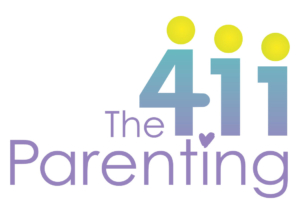Sexual Harassment in the News: What Do We Tell The Children?
It seems every other day, we are hearing about another instance of sexual harassment/misconduct involving a high-profile person in the news. How do we make sense of this for our children? With this topic and all news, be mindful of the content your younger school-age children are taking in. When they come to you with questions about news they have heard, start with keeping your response simple and age-appropriate. In cases where your child has not heard about a particular incident, but a valuable lesson is there to be learned, open a dialogue, perhaps in hypothetical terms. Invite questions and share information in language he understands with just enough detail to get your point across. Some important points to make when addressing sexual harassment, assault, or bullying that might occur in your child’s world are:
- Boundaries. Talk to your child about the concept of personal space. He has a right to it and should speak up to protect it. Communicate that unwanted touching or hovering are indisputable violations. Role play with him, so he can get practice using assertive language to help preserve his boundaries. In turn, he should learn to respect the personal space of others.
- Respect at home. Create an environment of respect at home for everyone no matter their age. Aside from respect for their bodies, physical belongings and such, this includes respect for ideas. Allow your child to respectfully express opposing views. She should feel comfortable saying “No” when appropriate with family members as well as friends.
- Forum for speaking up. Regularly engage in discussions about current affairs, events in his life, areas of interest to him, and family decisions, as appropriate. He will not only be developing his voice; he will learn he has a right to be heard, at home and elsewhere.
- Channels for seeking assistance. At home, keep the lines of communication open, so that your child feels comfortable coming to you with concerns. Encourage her to seek assistance or guidance from teachers and school staff on routine matters, so that if/when a crisis arises, the comfort level and rapport are already there.
We know the dysfunctional desire to dominate others can be rooted in feelings of hurt, inadequacy, insecurity, or ironically, powerlessness on the part of the oppressor. Whatever the cause, those around him/her are in turn made to feel powerless, and hopeless. One step we can take with our children to try to keep them off the receiving, and giving, end of abuse and harassment is to show them their positive power at an early age.




